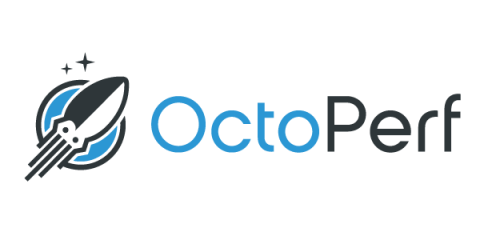Systems | Development | Analytics | API | Testing
OctoPerf
Kraken 2.0 Debug Gatling Simulation
Kraken 2.0 Gatling simulation execution (multiple injectors)
Why Your Performance Test Execution Strategy Is Important
When we consider performance testing most of the focus of the approach is placed on the script creation activity and making sure that requirements are covered, these are very important parts of your performance testing approach but so is the Test Execution. The frequency at which you run your tests is important and can save you time and effort in your script maintenance. A good performance testing execution strategy gives you the maximum amount of benefit it can by finding performance issues early.
OctoPerf 11 - Modular Design, Tags and Improved Administration
Improvements Modular design One of the things we always wanted to handle in OctoPerf is modular design. In JMeter you can use test fragments. So far when you imported fragments in OctoPerf their content was just duplicated over the original Include controller or Module controller. But now not only can you import your modular design from JMeter but you can also create it directly in OctoPerf.
Fullstack Reactive Server Sent Events
Reactive programming is a programming paradigm aimed at maintaining overall coherence by propagating changes from a reactive source (modification of a variable, user input, etc.) to elements dependent on this source.
How to Deploy InfluxDB / Telegraf / Grafana on K8s?
This article follows our first blog post related to Kraken’s deployment on Kubernetes. It is a step by step guide explaining how to deploy the InfluxDb/Telegraf/Grafana stack used to generate load testing reports on Kraken.
How to Deploy a Frontend on Kubernetes?
Kraken is a load testing solution currently deployed on Docker. In order to use several injectors (Gatling) while running a load test, its next version might rely on Kubernetes. This blog post belongs to a series that describe how to use Minikube, declarative configuration files and the kubectl command-line tool to deploy Docker micro-services on Kubernetes. It focuses on the installation of an Angular 8 frontend application served by an NGinx Ingress controller.










